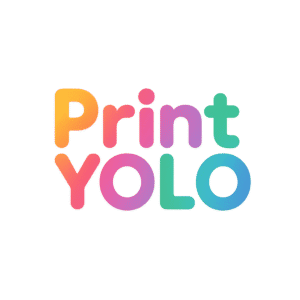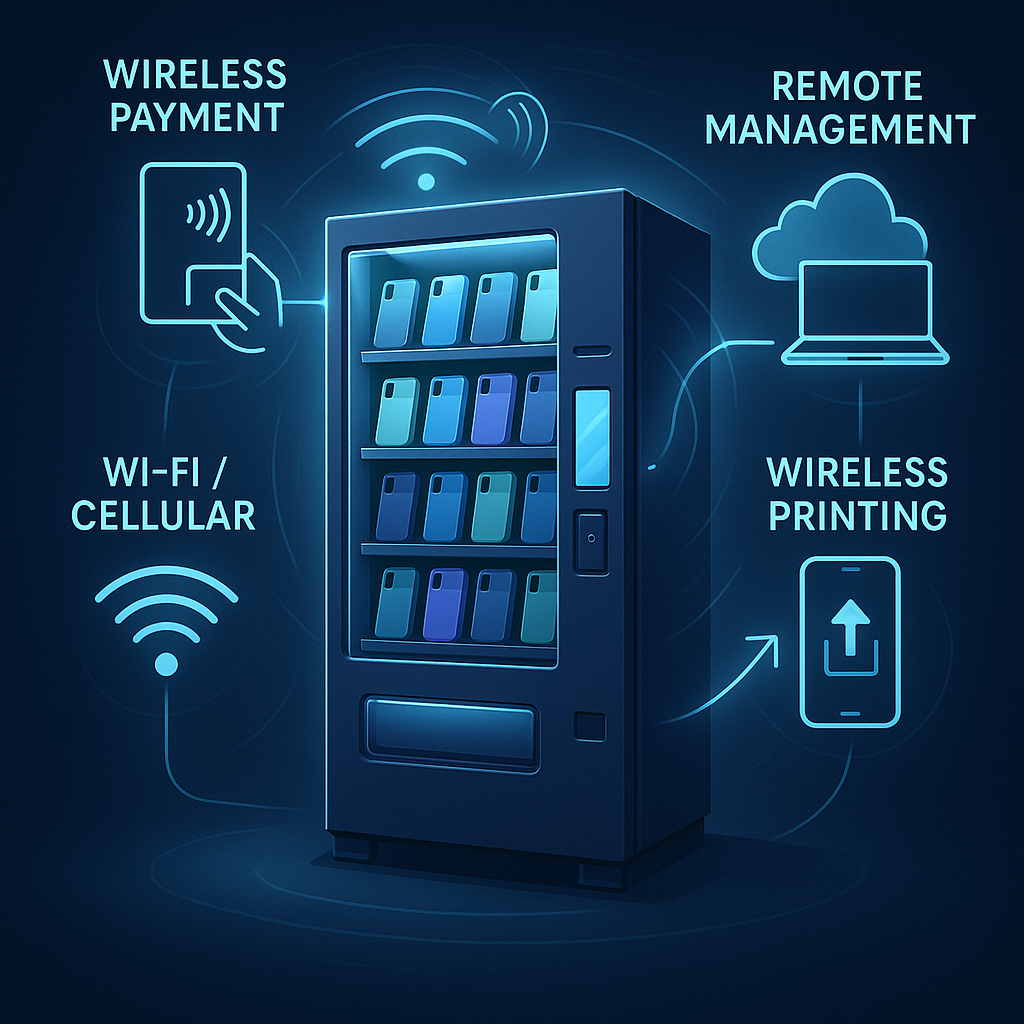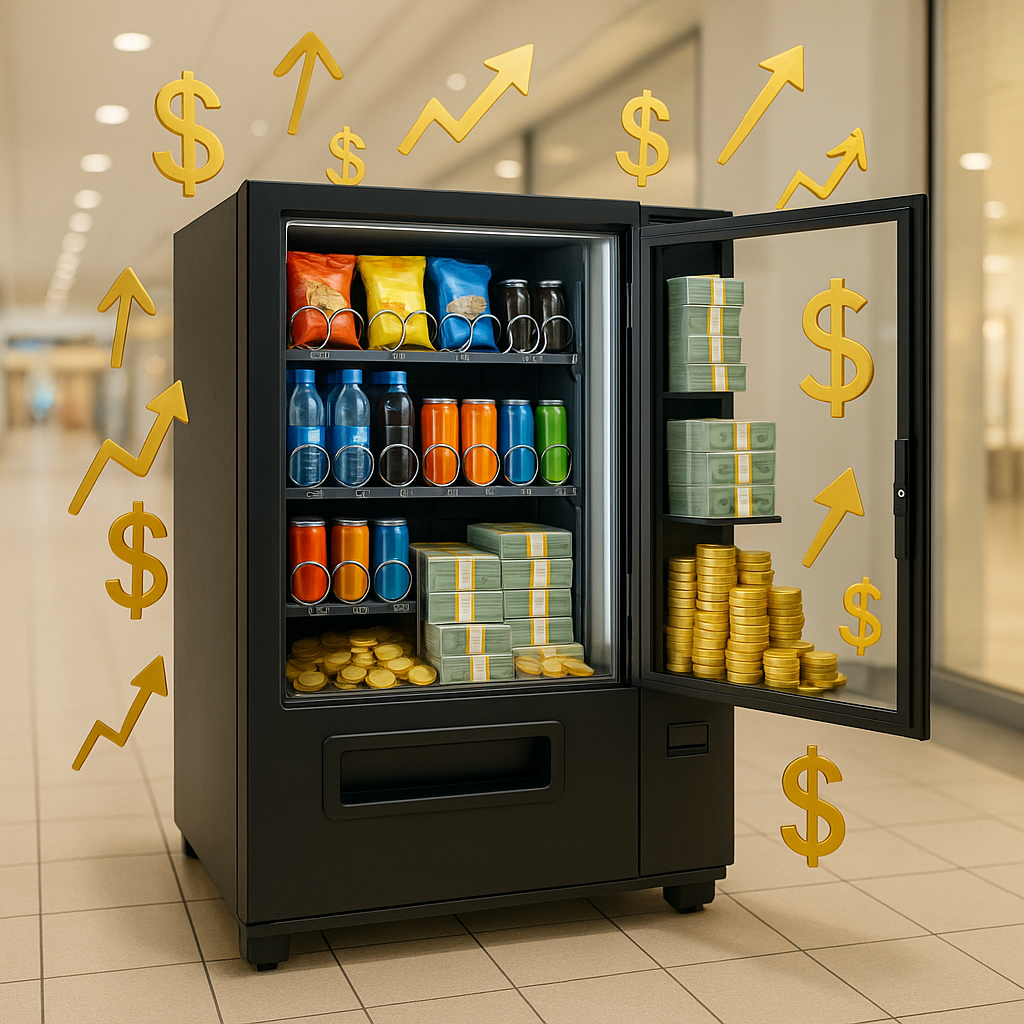
Is Vending Machine Business Good?
When you hear stories of vending machine owners making easy money, it can spark curiosity. But while the dream of passive income is exciting, reality is a bit more complicated.
Do vending machines make good money?
Vending machines can be profitable, but success depends on location, machine type, product selection, and your management skills. Most operators need several well-placed machines to earn strong profits and maintain steady income.

Most people are drawn to vending machines because they imagine low work and high returns. I know because I thought the same when I started. But as with any business, there are pros and cons. Let me share why the vending machine business might—or might not—be a good fit for you.
Do Vending Machines Make Good Money?
Stories circulate online about people making a full-time living from a handful of machines. But is this really achievable for most?
Vending machines can make good money, but only if you place them in high-traffic, secure locations and keep the products relevant and well-stocked. The average monthly profit per machine can range widely, from as low as $30 to several hundred dollars.
Digging Deeper: What Affects Vending Machine Profitability?
Several core factors determine how much you actually make in the vending business:
| Factor | Impact on Profits | Example |
|---|---|---|
| Location | High-traffic and safe areas yield better sales | Mall vs. small office |
| Product Selection | Popular, in-demand products sell fastest | Drinks and snacks vs. niche items |
| Machine Type/Features | Smart machines and cashless options increase sales | Card or mobile payment options attract more customers |
| Competition | Too many machines in one spot lowers your profit | Competing with bigger brands or low-quality local operators |
| Maintenance/Upkeep | Breakdowns or empty machines mean lost sales | Routine restocking and fixing issues are musts |
| Theft & Vandalism | Insecure locations can lose stock and cash | Remote locations, no security cameras |
My experience matches what I see among fellow operators: most people underestimate the amount of physical work. Stocking machines, fixing jams, handling cash, and negotiating new locations take real time. For someone dreaming of pure passive income, this is eye-opening. Yet, when machines are placed in prime spots—think busy malls, airports, or universities—the returns often justify the effort.
Do You Need a Vending Machine License in CA?
Maybe you live in California and wonder about getting started legally. What’s actually required?
Yes, in California you need a vending machine license if you sell tangible goods. This includes a seller’s permit for sales tax collection and, often, additional local permits depending on your city or county.
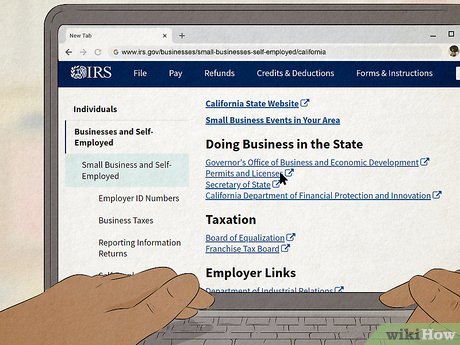
Digging Deeper: Compliance Steps for California Operators
Owning a vending business in California means following some basic rules. Here’s what I learned:
| Requirement | Who Issues It | Why You Need It | Where to Apply |
|---|---|---|---|
| Seller’s Permit | CA Department of Tax | To collect and pay sales tax | https://cdtfa.ca.gov/ |
| Local Business License | Your City/County | For legal operation in your city/county | City/County Offices |
| Health Permits (for food machines) | Local Health Department | If selling food not pre-packaged sealed | Health Department |
| Property/Location Approval | Site Owner or Landlord | Permission to place a machine at each site | Each location contact |
It’s vital you follow the rules upfront. Skipping a license can lead to fines and might even push you out of a great location. Some spots also require insurance or extra safety steps. In my case, securing all paperwork early gave peace of mind and helped when negotiating with larger property managers.
Do You Need an LLC for a Vending Machine?
For new operators, there is often confusion over legal structure. Is forming an LLC (Limited Liability Company) necessary?
You don’t legally need an LLC to own or operate vending machines, but many owners choose an LLC for legal protection. An LLC separates your personal and business assets, which can help if your machine causes injury or there’s a legal dispute.
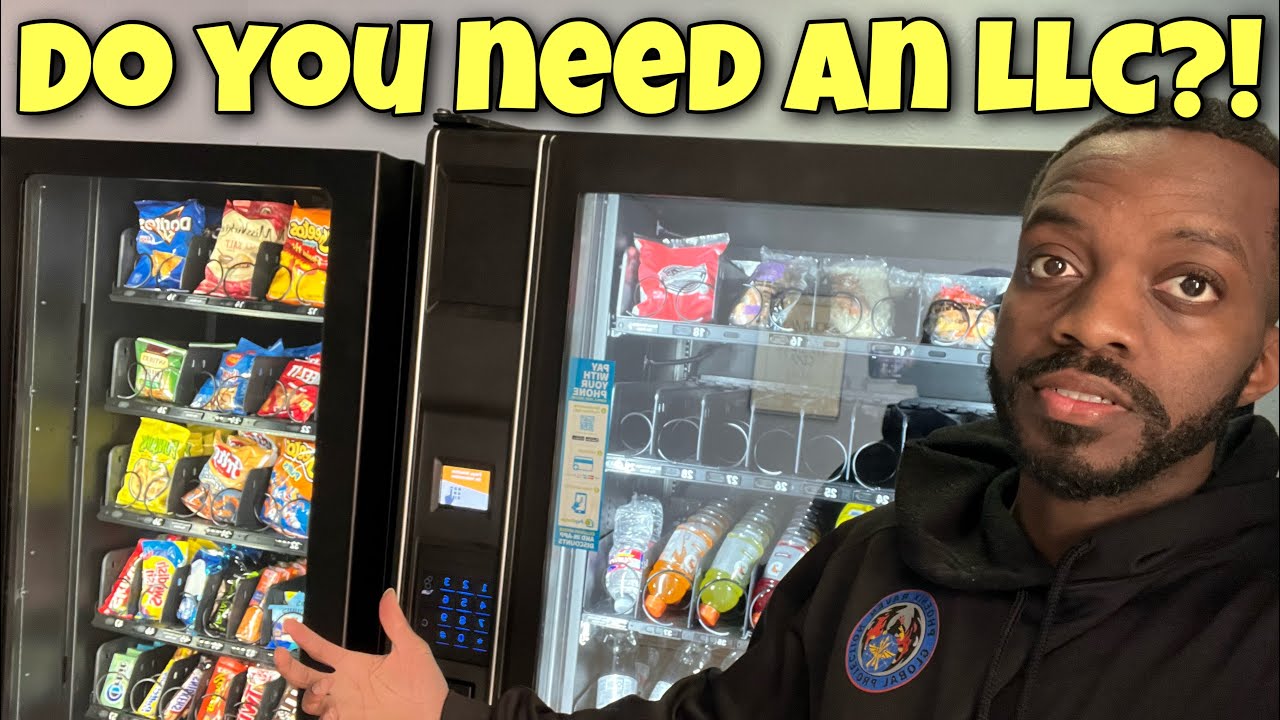
Digging Deeper: When Should You Form an LLC?
Choosing your business structure is about risk and goals.
| Option | Legal Protection | Cost | When It Makes Sense | What I Chose |
|---|---|---|---|---|
| Sole Proprietor | None | Low | One or two machines, low risk, trial | Many start here |
| LLC | Yes (limited) | Higher annual | Multiple machines, public locations, | For steady growth and |
| registration | contracts with larger business owners | liability protection |
Most people with a few machines might start as a sole proprietor and shift to an LLC as they scale up. When I expanded, switching to an LLC made contracts smoother—many malls preferred dealing with a registered business for insurance reasons. It also simplified my accounting come tax time.
How Many Vending Machines Do You Need to Make $100k?
Many new operators dream of making $100,000 or more. But how big does your vending operation need to be?
To make $100,000 in profit from vending machines, most operators need at least 50–100 well-placed machines. This number can vary—high-traffic, high-margin sites may need fewer machines, while low-volume spots require more.
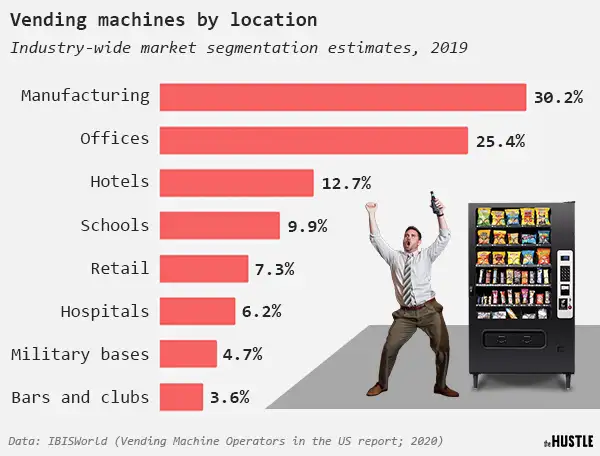
Digging Deeper: Turning Vending into a Full-Time Income
Let’s look at the numbers.
| Metric | Value | Comments |
|---|---|---|
| Avg. profit/machine/mo. | $100–$200 | Strong location, minimal theft, low expenses |
| Machines for $100k/yr | 50–100 | At $100/mo, you need 83 machines; at $200/mo, just 42 |
| Realistic scenario | 30–40+ | For many, 30–40 prime-location machines might hit target |
The catch: managing that many machines turns into a real job. The more you scale, the higher your cash outlay and the more time you need for stocking, repairs, paperwork, and staff management. Some operators use part-time workers at this stage.
In my journey, scaling to dozens of machines meant I had to systematize orders, map out reliable supply runs, and even create maintenance routines. The potential is clearly there, but so is the workload.
Conclusion
The vending machine business can be a profitable and flexible venture, but real success comes from careful planning, strong management, and realistic expectations.

